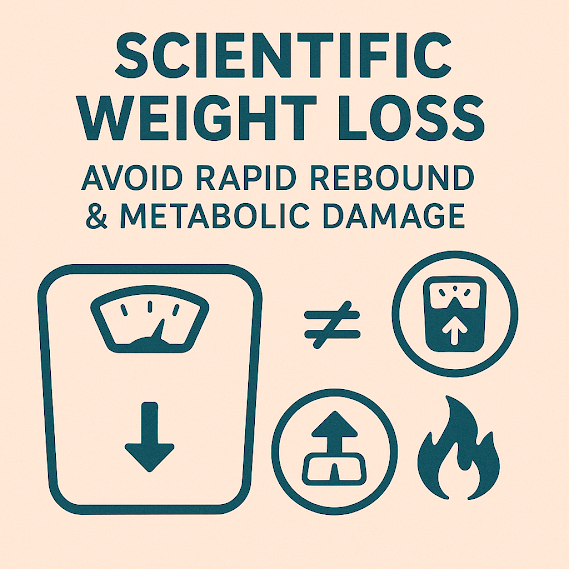Key Considerations for Low-Carb Weight Loss
The low-carbohydrate diet, also known as the Atkins Diet or "meat diet," was introduced by American physician Robert Atkins. His theory suggested that drastically reducing carb intake while freely consuming high-protein and high-fat foods could lead to weight loss. However, over time, this method has been proven unsustainable and potentially harmful.
Why the Atkins Diet Is Flawed
Dr. Atkins claimed that when carbs are scarce, the body burns fat for energy instead. His high-protein approach once took America by storm—yet ironically, he died in 2003 with severe hypertension and heart disease, conditions linked to his extreme diet.
From a medical perspective, this unbalanced regimen—excessive protein/fat with minimal carbs—strains the body, exacerbating risks for heart disease, high blood pressure, and kidney issues. Warning: If you have kidney problems, hypertension, or hypoglycemia, avoid this diet!
5 Essential Tips for Low-Carb Dieters
Research First
Low-carb isn’t for everyone. It may help if low-fat diets failed you, but it’s not the only option.Plan Smartly
Many low-carb menus include nutritious foods like meats and healthy fats. Avoid extreme restrictions—mono-eating jeopardizes health.Choose High-Quality Protein
Opt for grass-fed beef, free-range poultry, or organic meats. Avoid processed frozen foods—they’re less safe.Eat Your Veggies
Debunk the myth: Low-carb ≠ meat-only. Vegetables are low in carbs yet rich in antioxidants, vitamins, and fiber. Organic veggies are ideal.Hydrate Relentlessly
Water helps flush out protein byproducts. Drink to the limit to support kidney function.













Comments
Post a Comment